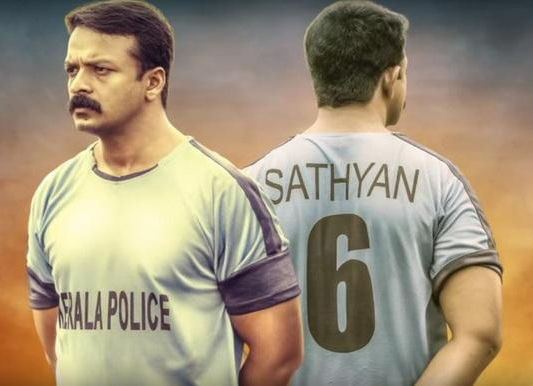By Neelima Menon
The winner of the 49th Kerala State Award for Best Actor, Jayasurya has indeed travelled long and far to reach this point. A quick look at his graph will reveal that there has been a deliberate, sustained effort to push the envelope throughout his 2-decade old acting career. Here, we pick some of his best acts. Goes without saying, it is an incomplete list!
VP Sathyan (Captain): Biopics are a litmus test for an actor. Not only is it based on a real-life character, but there is also the question of how to approach it, depending on the impression the character has made on the public. There might be a lot of references or none at all. Jayasurya while embarking on this daunting mission, despite being a passive follower of football in real life, had a lot of references to fall back on. Debutant director Prajesh Sen’s cinematic biography of VP Sathyan—the longest running captain of the Indian football team—was more about his internal, conflicting journey as a player. This also meant that there were fewer adrenaline pumping cliffhanger matches or swashbuckling kick-offs, instead it was mostly about Sathyan the man behind the player, his unflinching passion towards the game, his constant battles with injuries and rejections and the events that led to his suicide. Jayasurya, apart from looking sturdy, picked it all carefully, internalised the pain, the perseverance, the triumphs, the passion and his self-destructive love towards the game. It’s his superb performance that uplifts an otherwise middling narrative.
Read More
- Movie Review : ‘English Vinglish’
- Did Thalapathy Vijay shine in Lokesh Kanagaraj’s LEO?
- Mall of Muscat solidifies its position as the country’s leading fun and entertainment destination by launching Fun VR
- Three-time Oscar nominee Piper Laurie dies at 91
- TAS Weekly: The fascinating rise of Omani singer Jihad Al Raisi
Marykutty (Njan Marykutty): Not only is it next to impossible to convince a male actor to play a transgender person in mainstream cinema, it’s as intimidating to essay one without falling into the realm of vulgar comedy, caricature or cliché.
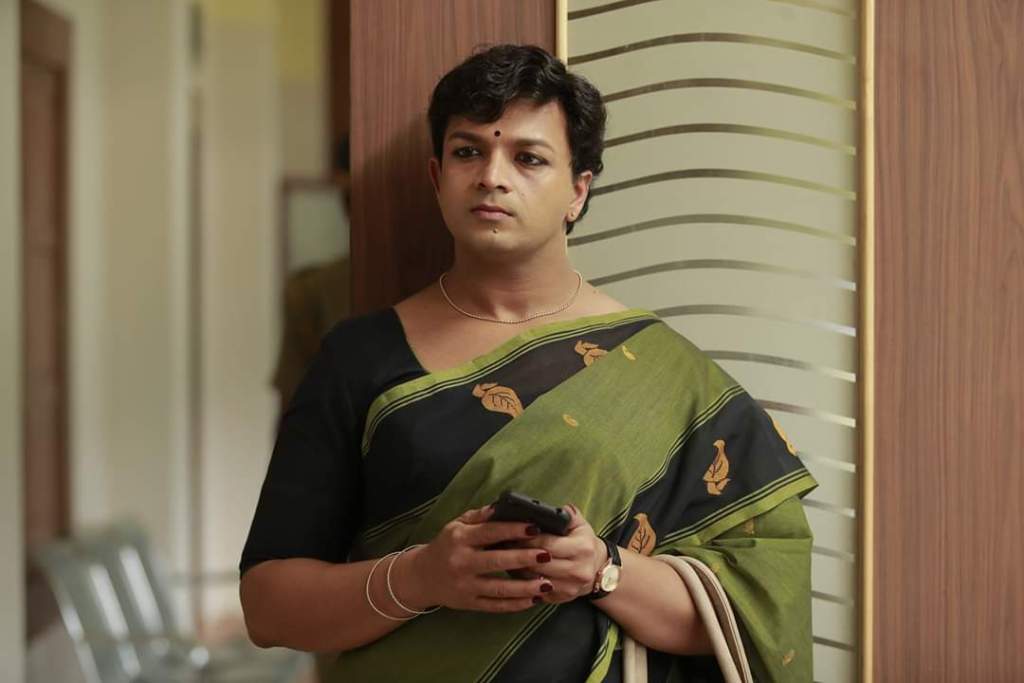
Jayasurya had an uphill task at hand—a) the quintessentially masculine actor had to bring feminine mannerisms into his bearing, without the aid of loud gestures or make-up that has been the stereotype associated with such a character on celluloid and b) it was important to empathise and understand her struggles as well. Jayasurya won both the challenges with ease, essaying Marykutty with a grace, sensitivity and dignity one rarely shown in such depictions so far.
Reghuram (Lukka Chuppi): Raghuram carries a studied detachment around him. But it doesn’t take much time to realise that the image he presents to the world is a decoy to hide his insecurities and loneliness. Somewhere there is a hurt soul, who is carrying the baggage of an unhappy marriage.
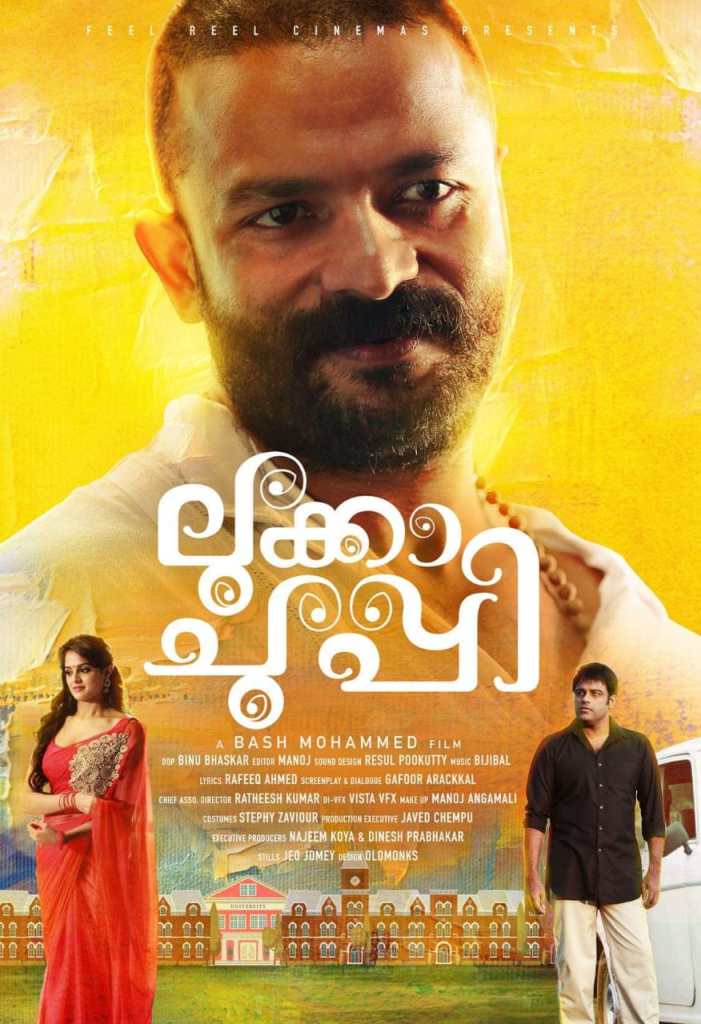
It’s a character who is half drunk for most of the screen time, wears loose white kurtas and pants. Jayasurya gets Reghuram right to the T—from his simmering anger and angst to showcasing aloof sophistication.
Stephen (Beautiful): It’s the earnestness he brings to each of his performance that makes him stand apart from his peers. Stephen Louis is a quadriplegic, and also the heir to a multi-million empire, who stuns you with his positivity.

Jayasurya plays it with nuance—resigned to his fate but masking the turmoils of someone trapped for eternity in a lifeless body. He gets everything right as usual—the bearing, the smile, the caustic sense of humour he brings to his lines. A reference point for acting students for sure.
Subin Joseph (Apothecary): No other actor before or after him in Malayalam cinema has experimented with his body like Jayasurya.
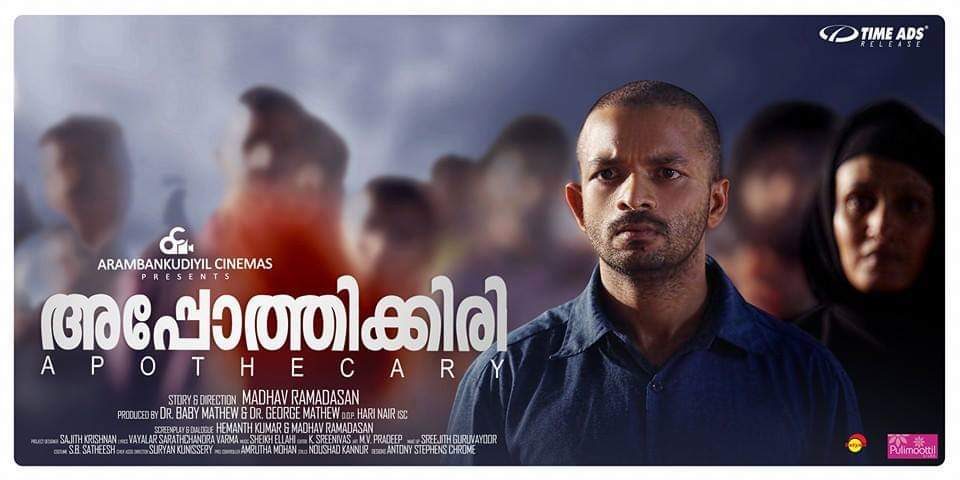
Like a studious method actor, he lost 10 kilos to play the part of a cancer patient and he was almost unrecognisable with hollow eyes and a drooping head. Then of course he added the internal parts as easily—the despair, insecurity and fear of death.
Abdu (Trivandrum Lodge): What makes Abdu a difficult character to portray was how he reads on paper—an orphan, shady, sexually deprived, and lonely. A lesser actor could have turned into one of the many perverted stock characters.
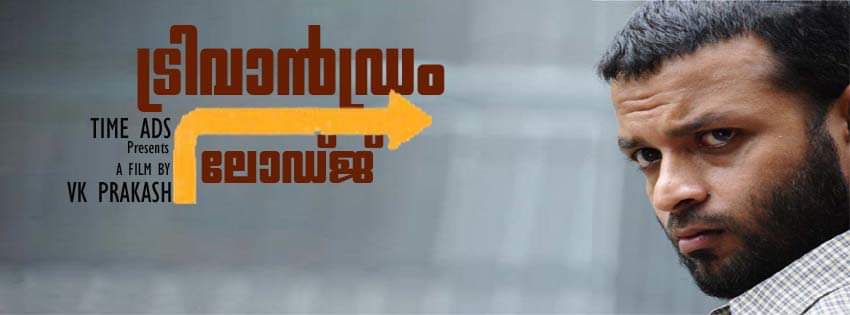
But Jayasurya never lets us judge him, he makes Abdu very real, at times letting us a peek into what he is thinking and we feel empathy for this largely unpleasant character, even when he says some of the crudest lines.
Sudhi (Su Su Sudhi Vathmeekam): Again, the sheer variety he brings on screen. This time he opts to play a person who stammers. Jayasurya works hard at it to make sure it never gets pushed to mimicry or caricature—it’s as if he has experienced the conflicts of this person first hand.
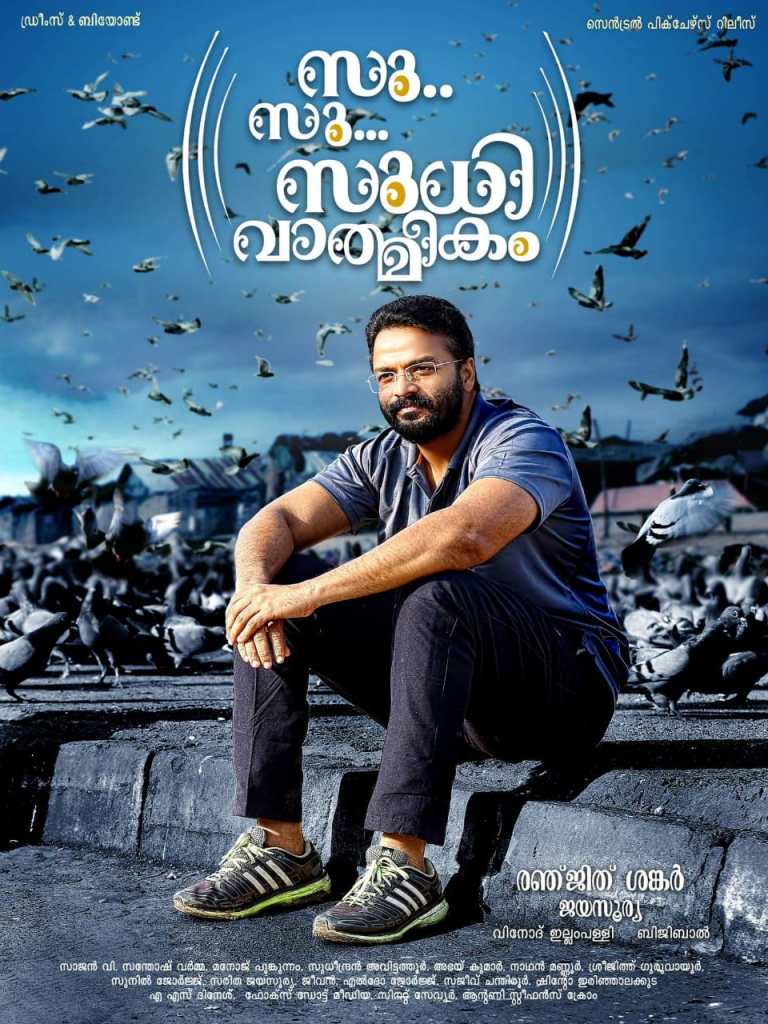
He perfects it to such a level that even the variations in the stammering are apparent as the characters ages. Again a film that works purely for this superlative act.
